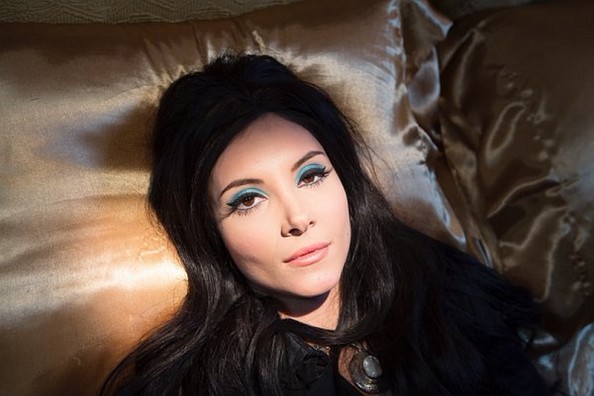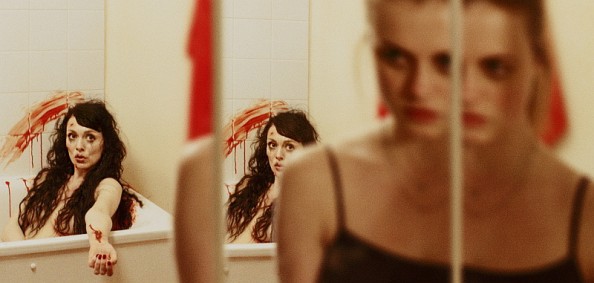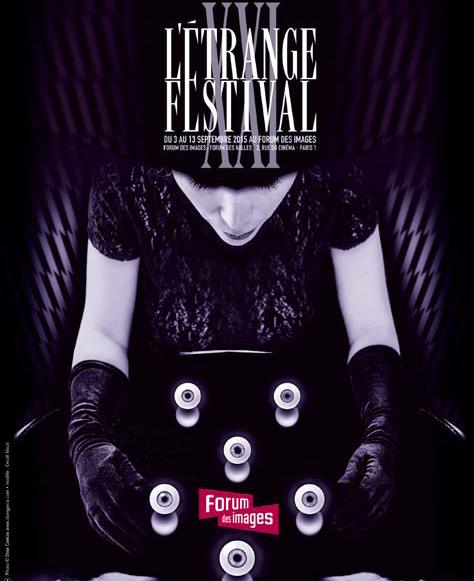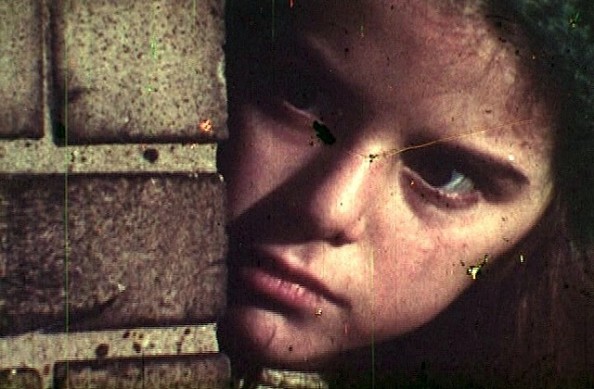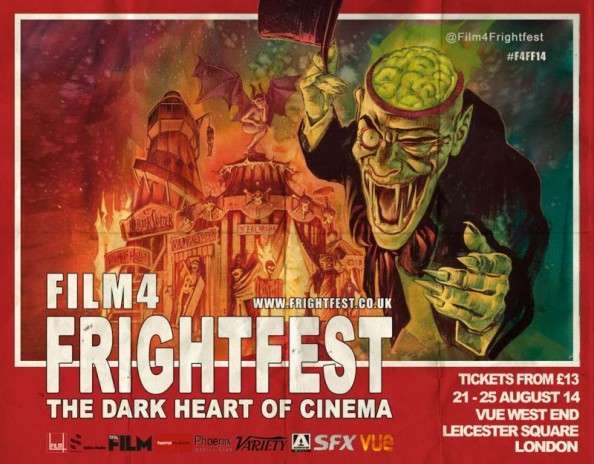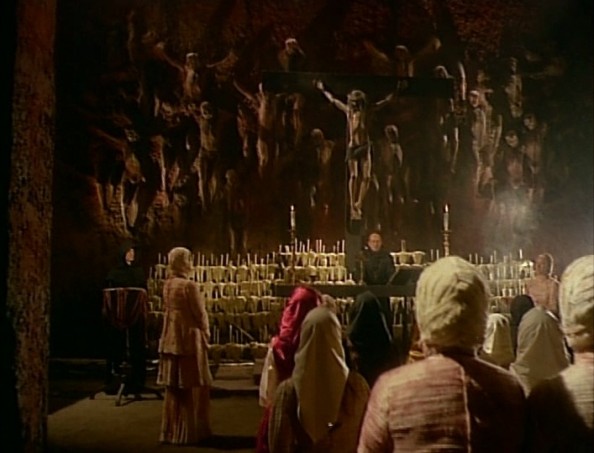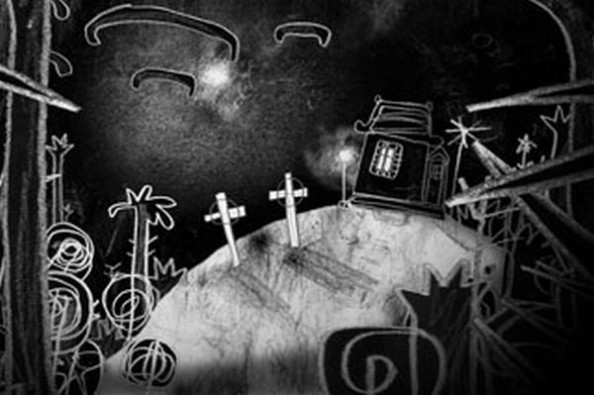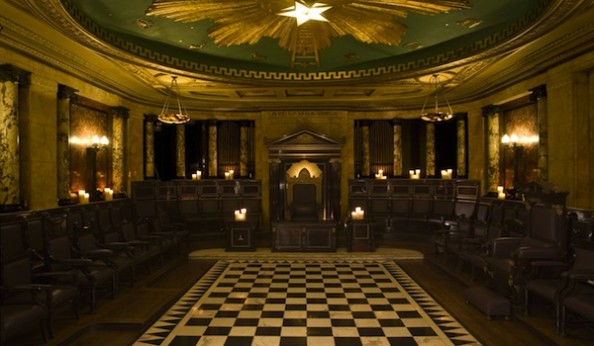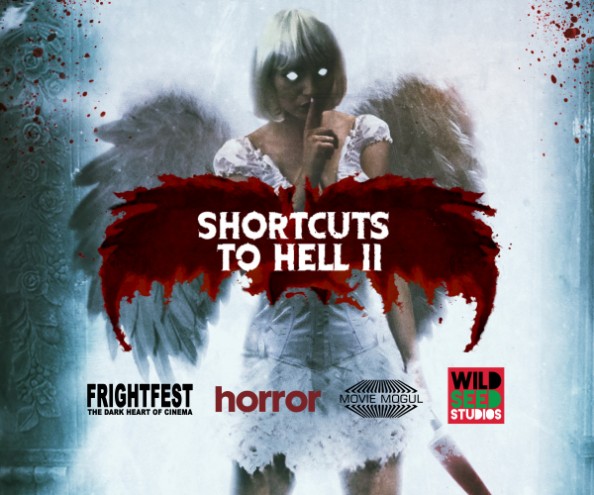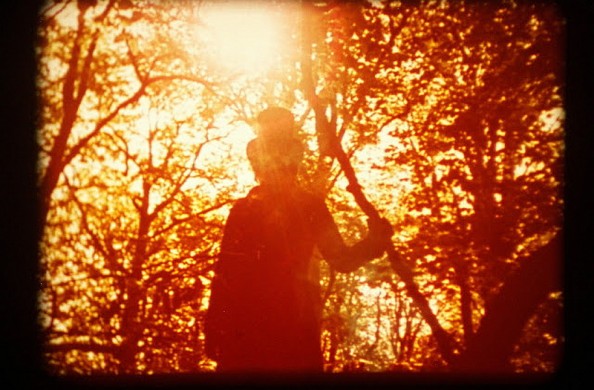
Miskatonic Institute of Horror Studies – London
Instructor: Catherine Lester
Date: 10 November 2016
Time: 7-10pm
Venue: Horse Hospital
Address: Colonnade, Bloomsbury, London WC1N 1JD
Prices: £10 advance / £8 concs / £11 on the door
Miskatonic website
Children and horror: two things that are usually not considered to go together. Very often, it is assumed that if children are exposed to horror, they will be psychologically ‘corrupted’ in some way, and so they should be protected from it at all costs. However, for many horror fans, our fascination with all things spooky began in childhood – whether because we watched something that we really weren’t supposed to, or were introduced to horror through children’s content such as Scooby Doo, Goosebumps, or classic Disney fairy tales like that scene from Pinocchio. With recent films such as ParaNorman, Frankenweenie and Hotel Transylvania, and children’s toys like the Monster High dolls, horror for children is becoming increasingly mainstream.
This class will explore in detail the area of horror films and television programmes created specifically for children in the UK and the US. Aspects of this topic that will be covered in the class include:
How horror for children emerged and how the subgenre has developed and changed across time, from early cinema to the present day;
Key academic theories on or relating to frightening media for children;
The defining characteristics of children’s horror stories on film and television;
How children’s horror is able to be both ‘scary’ enough to be classified as horror, but ‘safe’ enough to be considered ‘child-friendly’;
Similarities and differences between children’s horror and adult horror;
The possible functions and benefits that horror might provide children.
This class aims to show that the relationship between children and horror is as complex as it is fascinating and that, far from being incompatible, children and horror are actually an ideal match. Films and programmes discussed range from the popular to the obscure, the good to the bad, the expected to the unexpected, and the surprisingly disturbing to the downright fun. Examples may include Disney’s The Watcher in the Woods, cult-favourite The Monster Squad, 70s CFF chiller The Man From Nowhere and the British anthology series Dramarama Spooky.
About the instructor:
Catherine Lester is completing her PhD on the children’s horror film at the University of Warwick, and has taught and spoken widely on this topic. Outside of this research, Catherine is interested in children’s media culture more broadly, particularly in representations of gender and sexuality, and has done some recent work in relation to this on Disney’s Frozen. In March 2016 she co-organised an academic conference on ‘Girlhood, Media and Popular Culture, 1990-present’ at Warwick. She has written film reviews and essays for the site alternatetakes.co.uk and you can find her tweeting about popular culture, feminism and occasionally her pet rabbits @CineFeline.
About the Miskatonic Institute:
Named for the fictional university in H.P. Lovecraft’s literary mythos, The Miskatonic Institute of Horror Studies is a non-profit, community-based organization that started in Canada, founded by Kier-La Janisse in March of 2010. The school currently has branches in Montreal and London, with Miskatonic London operating under the co-direction of Kier-La Janisse and Electric Sheep Founder/Editor Virginie Sélavy.
All classes take place at the historic Horse Hospital, the heart of the city’s underground culture. Season ticket is £35 and will be available shortly. Individual class tickets are £10 advance / £11 on the door / £8 concessions and will be available 30 days in advance of each class.
For full details of the next courses please check the Miskatonic website. For all enquiries, please email Miskatonic.london[at]gmail.com.

